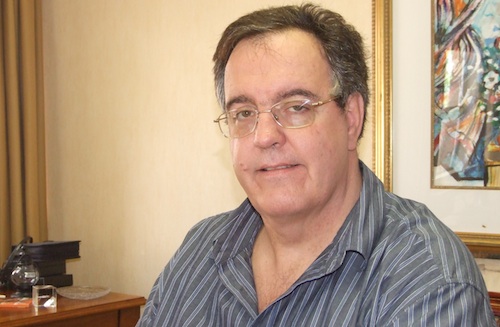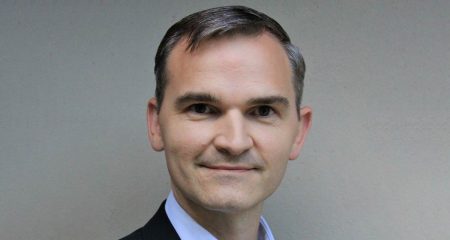Telecommunications analysts have lauded Cell C for its plan apparently to sell its national network of base stations.
TechCentral reported on Tuesday that Cell C is in talks with American Tower Corp (ATC) and Eaton Telecom to sell its wireless towers, apparently as part of a broader effort to reduce and restructure its crippling long-term debt.
A well-placed source says Cell C’s plan is to lease back the infrastructure it sells. The company’s network is valuable: it covers more than 80% of the country’s population and about one-third of its geographic area.
Denis Smit (pictured), MD at technology research and consulting firm BMI-TechKnowledge, says Cell C’s plans are in line with what’s happening in markets around the world where there’s pressure on revenues and profit margins.
“As operators face new realities in a data-driven world, their traditional sources of revenue are coming under pressure,” Smit says. “Cell C is perhaps ahead of the curve [in SA] but it has more problems to solve and may have better flexibility to do this [than its competitors].”
Selling infrastructure to companies that specialise in it will be standard practice for operators five years from now, Smit says. There are risks associated with selling infrastructure — operators need to ensure they have watertight service-level agreements with their infrastructure partners — but the “risks of not doing it are even higher”, he says.
Operators’ margins will come under significant pressure in the next few years, as voice becomes little more than a commodity carried across their data networks. As a result, operators will have to find ways of reducing their operating costs, Smit says.
Eventually, operators will not regard having their own infrastructure as a competitive advantage. Rather, most of them will sell their networks or outsource the management of them so they can focus on competing on the basis of the services they offer.
It’s a view shared by Spiwe Chireka, ICT industry analyst at Frost & Sullivan, who says Africa is a “little behind the curve”. However, she expects this sort of infrastructure outsourcing to be a big trend across the continent in the coming year.
Chireka says the first African operator to sell its network was Tigo, in Ghana. Tigo sold its base stations to infrastructure specialist Helios Towers. In return, Tigo took a minority stake in Helios.
“Cell C and many other operators are likely to go this route in the near future,” she says.
Many African mobile operators, especially the smaller ones, are finding the cost of operating and maintaining their own base stations to be prohibitively high. “The cost is a significant portion of operating expenditure for most mobile operators,” Chireka says.
Even at bigger operators, such as MTN, Vodacom and Zain, margins are under pressure, she adds.
Would Cell C seek a period of exclusivity on any infrastructure it sells? This does not normally happen in these sorts of transactions, Chireka says.
She says that assuming other companies are given access to Cell C’s towers, it could have a significant impact on the level of competition in the SA mobile market as new entrants could more easily begin providing services.
Telecommunications consultancy Delta Partners reckons infrastructure sharing is set to take off in a big way in Africa and the Middle East.
In a report released last year, the company says the region has been “relatively quiet … as operators believed that coverage advantages outweighed the benefits of sharing” infrastructure.
However, Delta Partners expects activity to hot up soon. This is “linked to several strategic dilemmas that regional mobile operators are facing”, the report says.
“The biggest driver is compression of margins due to increased competition. Operators in the Middle East are battling market liberalisation amid fully saturated markets, while in Africa, mobile operators in many markets are facing ‘hyper competition’ due to the issuance of fourth and fifth licences.
“The second, related driver is the decline in customer profitability as operators penetrate the bottom of the value pyramid. Operators are being forced to find new ways to enhance margins but still support lower-value customers.”
“The third and final key driver is the rationalisation of capital expenditure budgets due to tightened financing in the current economic climate.” — Duncan McLeod, TechCentral
- Subscribe to our free daily newsletter
- Follow us on Twitter or on Facebook





